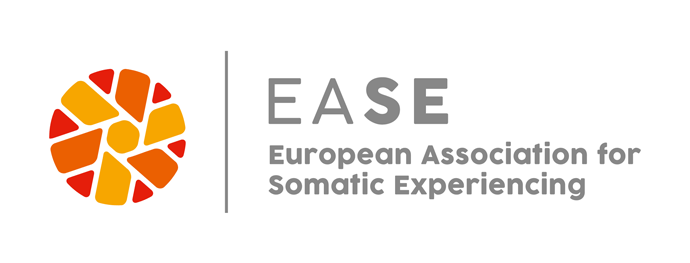Curriculum
The complete training program consists of three levels – Beginning, Intermediate and Advanced, where each level consists of 2 modules of 6 days each.
Introductory Workshop:
- Theoretical and practical introduction to the trauma-healing approach of Somatic Experiencing® (SE®).
- Working with the integral inner sensations (felt sense)
- Understand the functioning of “biological completion”.
This Introductory Workshop is the prerequisite for the 3 year SE® Training. At the end of the workshop the Trainer will approve eligibility to participate in an SE® training.
Beginning:
- Understanding the physiological basis of trauma.
- The function of the nervous system.
- Identifying signals and signs in the body and the nervous system
- Teaching of basic SE® techniques
- SE® Exercises for grounding, boundaries and containment
- Practicing establishing defensive orienting responses
- Working with sensation, impression, behaviour, affect, meaning
- Working with fight, flight and freeze
- Resource
- Symptoms
- Attaining skills to avoid pitfalls of re-traumatization and false memory
- Somatic first aid
Intermediate:
- Short repetition of the themes from the first year and integration
- Examination of the different categories and causes of traumatic shock and approaches to treating each case:
- Global high intensity trauma (early trauma, fever, drowning, foetal distress, traumatic birth…).
- Inescapable attack (rape, physical abuse, mugging, incest…)
- Physical injury (surgery, anaesthesia, burns, poisoning…)
- High impact accidents, head injury
- Emotional trauma i.e. severe neglect and abandonment, severe loss, ongoing abuse
- Natural disaster (earthquakes, fires, floods, social dislocation…)
- Horror i.e. seeing an accident, watching someone else be abused, raped, killed or tortured
- the difference between shock-trauma and developmental-trauma
Advanced:
- Short repetition of the themes from the first two years and integration
- Working with Coherence
- Polyvagal Theory and SE®
- Working with syndromes (chronic. fatigue, fibromyalgia, asthma, migraine)
- Deepening of the practical work and techniques
- Working with the eyes
- Working with touch
- Working with joints, diaphragms, viscera
Each year can be booked separately.
Participants also need to have completed either a training in psychotherapy resp. bodywork or be part of one of the following professional guilds: medical practitioners, dentists, physiotherapists, social workers, alternative practitioners, ergo therapists, logaoedics, educators.
Back
